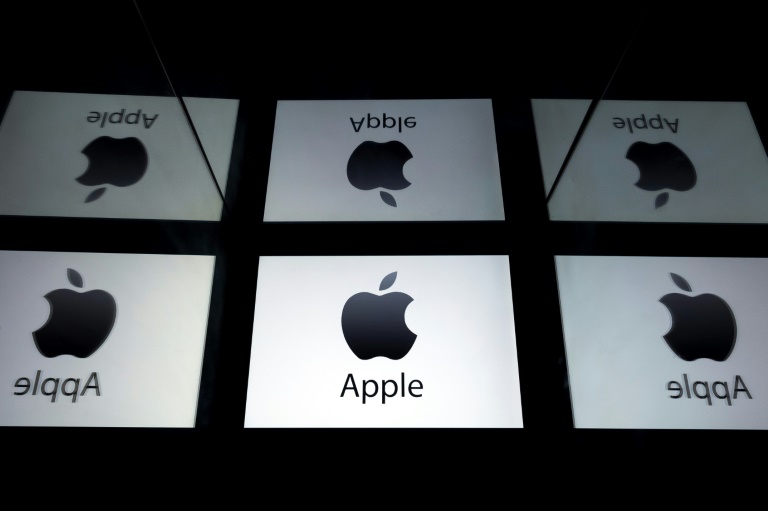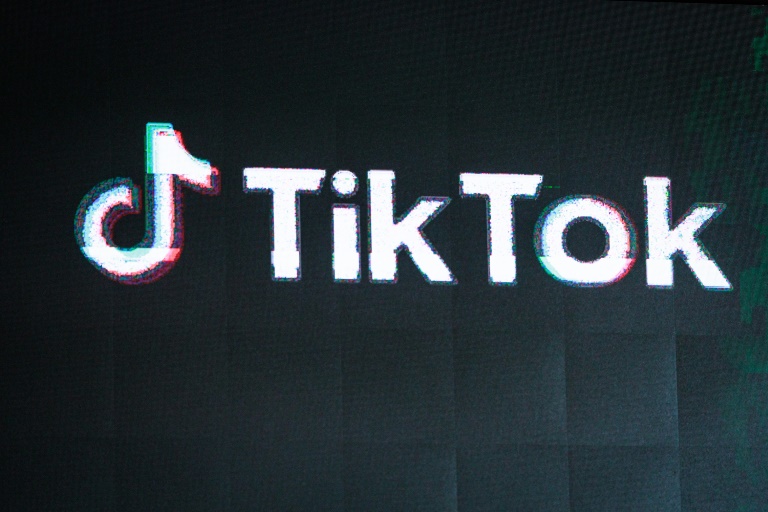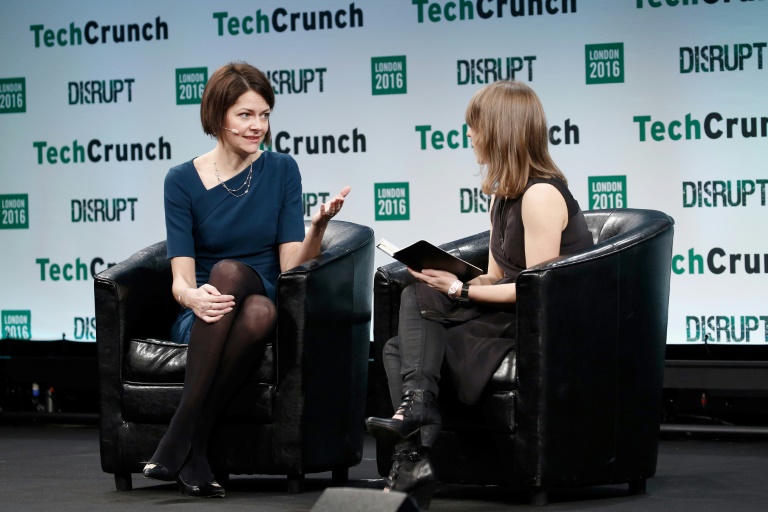Ayman Chaudhary turned her love for reading into a living on TikTok, posting video snippets about books like those banned in schools in ultra-conservative parts of the United States.
Now the online platform she relies on to support her family is poised to be banned in what entrepreneurs using TikTok condemn as an attack on their livelihoods.
“It’s so essential to small businesses and creators; it’s my full-time job,” the 23-year-old Chicago resident told AFP.
“It makes me really worried that I live in a country that would pass bans like these instead of focusing on what’s actually important, like gun control and healthcare and education.”
A new US law put TikTok’s parent, Chinese tech giant ByteDance, on a nine-month deadline to divest the hugely popular video platform or have it banned in the United States.
US lawmakers argued that TikTok can be used by the Chinese government for espionage and propaganda as long as it is owned by ByteDance.
“Everybody who’s involved in deciding whether or not this platform is going to get banned is turning a blind eye to how it’s going to affect all of the small businesses,” said Bilal Rehman of Texas.
His @bilalrehmanstudio TikTok account, which playfully promotes his company’s interior design projects, has some 500,000 followers.
“They don’t really understand social media and how it works,” the 24-year-old added.
TikTok has gone from a novelty to a necessity for many US small businesses, according to an Oxford Economics study backed by the platform.
TikTok fuels growth for more than seven million businesses in the United States, helping generate billions of dollars and supporting more than 224,000 jobs, the study determined.
“It’s become such a huge part of our economy that taking that away is going to be devastating to millions of people,” Rehman said of TikTok.
Chaudhary took to TikTok to share her passion for reading in early 2020 while enduring Covid-19 lockdowns.
“I made a handful of videos and, long story short, one went viral,” Chaudhary said.
Opportunities to make money from sponsors or advertising came as her audience grew, and posting on her @aymansbooks TikTok account became a job.
She saw books she extolled snapped up by readers, as she shined attention on titles banned from schools or libraries in parts of the country.
– Unique vibe –
A TikTok ban would be a particularly hard blow to businesses just starting out, according to eMarketer analyst Jasmine Enberg.
“Social media has democratized the commerce landscape, and TikTok really supercharged that,” Enberg told AFP.
“It’s become a crucial platform for many small businesses, especially those that are in niche industries or sell quirky products.”
One factor setting TikTok apart from rival platforms is the potential for videos to be spread quickly by a highly engaged audience, according to Enberg.
“The potential to be discovered on TikTok is really unparalleled, and that’s largely thanks to its algorithm as well as the entertaining kind of content that it hosts,” she said.
A young generation is using TikTok as a search engine of sorts, making queries as they might on Google and seeing what the algorithm serves up, said SOCi director of market insights Damian Rollison.
“It feels like it has been created by your peers, so they’re telling you the real deal about whatever the topic might be,” Rollison said of the trend.
TikTok lovers say it has a unique style that will be missed in the case of a ban.
“There is definitely a different vibe on TikTok versus YouTube or Instagram,” said Chaudhary.
“TikTok has a lot more humor in it and a lot more creativity than I see happening on Instagram.”
“My favorite part about TikTok is, it feels almost like you’re on a FaceTime call with your friend,” Rehman said.
“It feels really raw and authentic.”
Rollison advised businesses relying on TikTok to make contingency plans in event of a ban, sticking with short-form video, given the appetite for such content.
“The demand signals are so powerful amongst younger users that I believe the usage patterns are going to survive any of the outcomes,” Rollison said.
“Learning that ecosystem is not only a useful but even critical strategy.”

 Business4 months ago
Business4 months ago
 Business5 months ago
Business5 months ago
 Events3 months ago
Events3 months ago
 People4 months ago
People4 months ago
 Events6 months ago
Events6 months ago
















